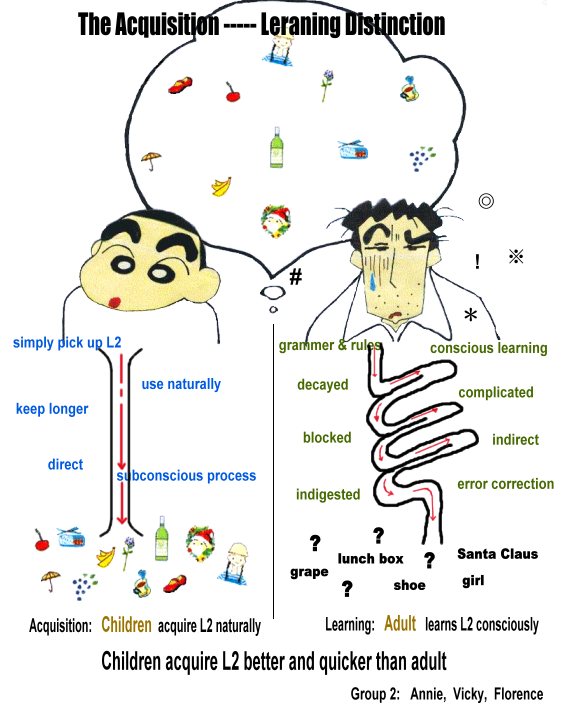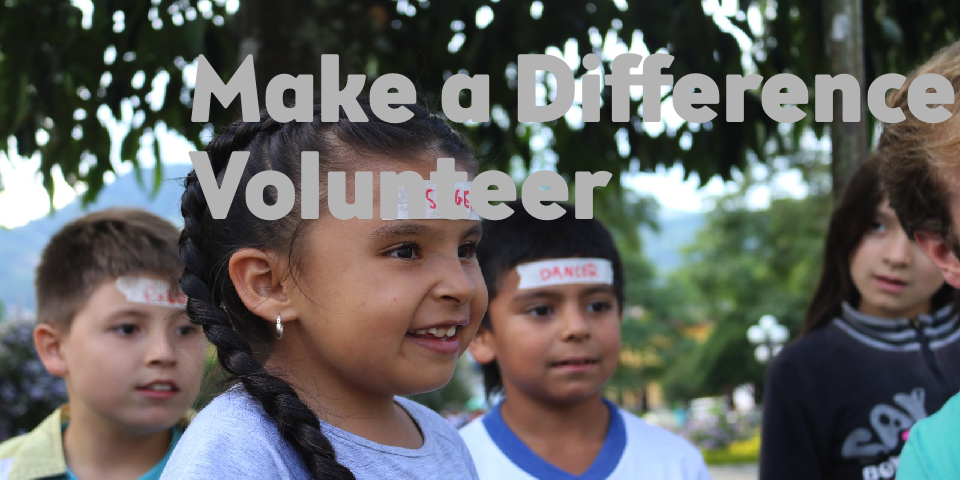
So there is good reason to believe that there exists a natural order to grammar in languages. And Krashen extends that to complement his Input Hypothesis or Natural Approach: proposing the benefits of acquisition over learning.
But like any second-language acquisition theory, it has both its proponents and opponents, and the Natural Order hypothesis is no different.
Here we will address a few criticisms, as well as discuss why taking the Natural Order hypothesis as a guiding philosophy, rather than a rigid template, is the best possible route.
The Two Main Criticisms of the Natural Order Hypothesis
So there does seem to be some kind of a Natural Order for English and Spanish as both first and second languages. But there are valid criticisms that have been made that deserve to be addressed:
- The Natural Order is wrong. Languages exist that may or may not necessarily follow the order or have any order at all, therefore:
- The Order of Acquisition is wrong. The Natural Order shouldn’t be subscribed to for SLA. Second language acquisition is too different and/or NO herefore we should not focus on copying any Natural Order, even if there is one.
Addressing 1 – There are exceptions to any rule, especially with the incredible variety of mother tongues throughout the world and their respective vast variations. Whenever you try to put anything in a box, something is always left out. But still, it works for many languages. And if it’s not broke, don’t fix it.
Simply put: I find it easier to teach in concepts with continuous verbs well before simple present.
Addressing 2 – If you don’t accept that there are lessons to be learned modeling first language acquisition, perhaps you haven’t spent enough time abroad: An immersive experience in a country that speaks a language foreign to you – is the closest you get to being a baby all over again.
As someone who has learned and taught languages in several different immersive environments, there is definitely merit in listening and learning from – interacting with – native speakers of the language you are trying to acquire..
Why Its Good
Acquiring a second language SHOULD follow along the same order that our native language acquisition did. Not only because it could be more effective, and quicker, but even moreso because it puts you on the timeframe you SHOULD be on.
Acquiring a language is… the closest you get to being a baby all over again
I often joke that I have the Spanish of a three or four year old native speaker.
And while areas of my language ability are above that, you can’t cheat Input.
I may be able to produce (speak, write, OUTPUT) I may have a system in place to keep up with the Fundamentals (vocabulary retention, pronunciation), and I may perform regular Mastery practice in live communication, but you can’t cheat Input.
Input is as input does.
You Can’t Cheat Input
Young mathematicians win the Fields medal. But old writers win Nobel Prizes.
You can’t cheat the accumulation of knowledge. Some fields might naturally predispose themselves to the quickness associated with youth, but languages is not one of them.
Babies learn a language along a Natural Order, because they acquire by action. By doing.
By experiencing the world, by hearing ‘caretaker talk’ from their family members: by receiving a steady stream of progressively more difficult, comprehensible input. But most of all because babies and children have time.
Children Have Time
Babies and children do not learn languages faster. That’s a myth that any quality language teacher should be able to tell you.
I can teach a willing adult, that doesn’t have any major speech impediments, a languge much faster than any child I have worked with.
What children have is time:
By the time you are six years old, assuming an 8 hour sleeping schedule, you already have received over 35,000 hours of Input. Not all of it exactly i+1 comprehensible of course, but a vast amount would be.
Tough to compare an adult taking a few language classes to that of a child speaking their native language….
Final Notes
There is compelling evidence for the Natural Order and the Order of Acquisition. Mostly however, the philosophy of having a kind of set order of things gives merit to a style of language acquisition that is, in my opinion, both more effective and more fun.
If indeed there exists some internal cerebral mechanism wherein a Universal Grammar Function receives input, crunches the data, and spits out understandable language (aka communicating a real message), then its true understanding might be a hurdle about as meta as fully comprehending our own conscious awareness of reality:
Author’s Note: and if explaining the self, or ego, or Id, or monkey mind, or soul, or anything else you want to call it sounds easy to you, then every religious leader, neuroscientist, cognitive researcher, and academic philosopher in the world would spare no expense in hearing more…
Relax, Acquire a Language With Glee
Does a child stress about how they sound trying to get their point across? No. And no one rushes them either. They acquire it along a natural order, and that’s what you should do too.
An immersive experience in a country that speaks a language foreign to you – is the closest you get to being a baby all over again.
Not to mention it keeps you on pace with a natural order with native speakers by sheer fact of being constantly around them.

